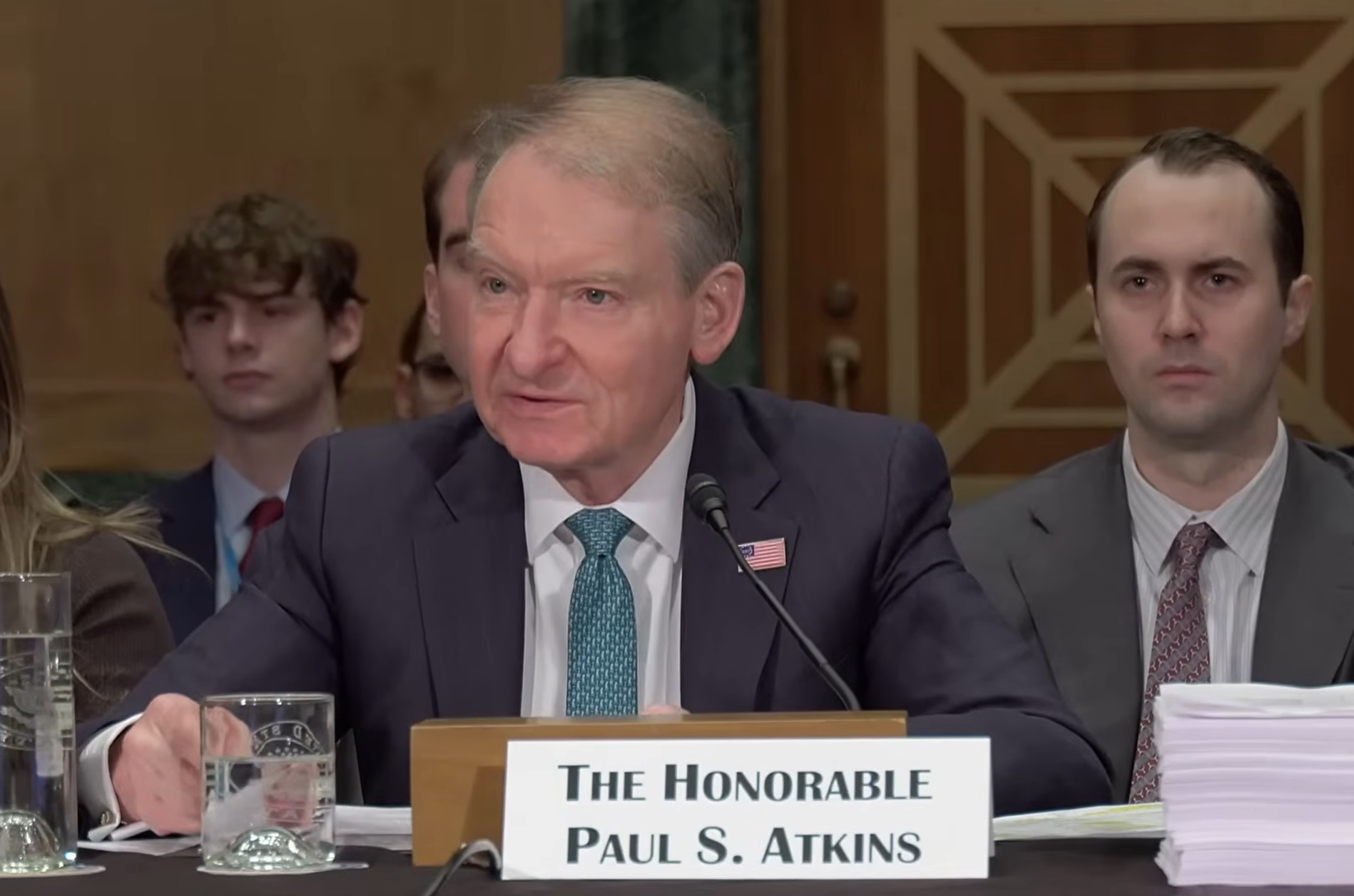That companies do well by doing good has been a persistent theme among students of corporate management during the past few decades. Now it has just been resoundingly reinforced by the issuance of a Business Roundtable statement endorsed by 181 leading chief executives affirming their commitment not just to their shareholders but to “all stakeholders…for the future success of our companies, our communities and our country.”
Thus the timeliness of some new research which suggests that firms seeking to enhance their reputation through corporate social responsibility (CSR) may be constrained to contribute more to the public weal than they bargained for – by making less effort than they might otherwise make to lower their taxes.
A paper in the current issue of the Journal of Management Accounting Research, a peer-reviewed publication from the American Accounting Association concurs with earlier research that finds both CSR and tax avoidance meet with investor approval. But combining them, the new study finds, is another matter.
In the words of the paper by Kerry K. Inger and Brian Vansant of Auburn University, “Higher levels of CSR and tax avoidance negatively interact to affect firm value…Investors place less value on firms that appear to be playing Robin Hood by taking from the government in the form of avoided taxes in order to distribute funds to society via corporate philanthropic giving.”
Combining the two, in sum, diminishes the benefits of both as far as Wall Street is concerned. As the professors explain, “CSR activities may signal to investors that cash generated by tax avoidance has not been used toward investments that will generate a return sufficient to offset the risk associated with tax-planning strategies.” In addition, “investors may view tax avoidance as inconsistent with a firm’s reputation-building strategy, which in turn could mitigate the potential positive effect on future profits stemming from improved reputations with other stakeholders.”
The study also finds that investor disapproval does not apply equally to everything labeled as CSR, a classification that takes in a wide range of activities, including some that can directly enhance profitability (such as improving workplace conditions, product quality, and corporate governance) and others of a philanthropic nature, such as volunteer initiatives or charitable contributions for health, education, or human rights. Distinguishing between these two broad categories (philanthropic and non-philanthropic), the professors find that the negative effect of CSR’s interaction with tax avoidance “is driven by CSR activity we classify as philanthropic…[by] firms that appear to be playing Robin Hood.”
The new paper goes a step beyond some earlier research which found that companies with high CSR ratings tend to pay low taxes. For example, a 2016 study in another American Accounting Association journal The Accounting Review reported that in a large sample of U.S. firms, those ranked in the top fifth in CSR paid an average of 1.7 percentage points below what the remainder paid. Why the apparent divergence of such findings from those of the new paper? As Profs. Inger and Vansant explain, “Prior studies examine the association between the occurrences of tax avoidance and CSR activities. However, our study is the first to directly investigate the interplay between tax avoidance and CSR from the perspective of the equity market.”
Thus, the new findings may come as a wake-up call to many corporate leaders, like those who must have been caught off guard several years ago when a prominent Member of Parliament in the UK drew wide acclaim for chastising multinationals who were “using the letter of tax laws…to immorally minimize their tax obligations.” Such was the public outrage at this perfectly legal tax-dodging that Starbucks, a firm heavily invested in CSR, promised to pay 10 million pounds or thereabouts in each of the following two years regardless of whether the company was profitable. Recalling this incident, Profs. Inger and Vansant observe that, although Wall Street is commonly viewed as being at odds with Main Street, the former appears to take a cue from the latter on whether good corporate citizenship accords with tax avoidance.
Drawing on data from about 3,000 public companies over a 14-year period, the researchers analyze the relationship among three principal corporate data – 1) firms’ yearly CSR scores in a large social-ratings database; 2) their average tax avoidance over a given year and two prior years, determined by cash taxes paid divided by pretax income; and 3) their annual Tobin’s Q score, a common measure of companies’ appeal to investors based on the ratio of market value to book value. As would be expected, the research controls for many variables that can affect the association among the three factors, including companies’ size, growth, foreign income, value of intangibles, and stock volatility.
Inger and Vansant find that both CSR and tax avoidance individually boost firms’ market value but that combining the two lowers it significantly. In the words of the study, “While the positive main effect of CSR shows that investors value CSR activities, the negative interaction with tax avoidance suggests that investors do not believe managers should take on the risk of negative tax outcomes in order to have funds available to invest in CSR. The result is also consistent with investors….not believing that a record of good corporate citizenship will counteract negative tax outcomes in the future.”
As indicated earlier, the research also probes the relative weight of philanthropic and non-philanthropic CSR on these results and finds that the interaction with tax avoidance of the former, but not the latter, has a significant negative effect on Tobin’s Q.
The professors also test whether the results obtained when tax avoidance is combined with CSR is seen when it is interacted with two other kinds of managerial spending about which investors sometimes have doubts – capital expenditures and investments in research and development. Finding neither to have the negative effect seen with CSR, they conclude that “from the investors’ perspective, funds gained via potentially risky tax strategies should be invested in projects with higher net present value potential as opposed to reputation-building CSR activities that have weaker links to firm profit maximization.”
The study, “Market Valuation Consequences of Avoiding Taxes While Also Being Socially Responsible,” is in the summer issue of the Journal of Management Accounting Research, which is published three times yearly by the American Accounting Association, a worldwide organization devoted to excellence in accounting education, research, and practice. Other journals published by the AAA and its specialty sections include The Accounting Review, Auditing: A Journal of Practice and Theory, Accounting Horizons, Issues in Accounting Education, Behavioral Research in Accounting, Journal of Information Systems, Journal of Financial Reporting, Journal of Forensic Accounting Research, and Journal of the American Taxation Association.
Thanks for reading CPA Practice Advisor!
Subscribe Already registered? Log In
Need more information? Read the FAQs




